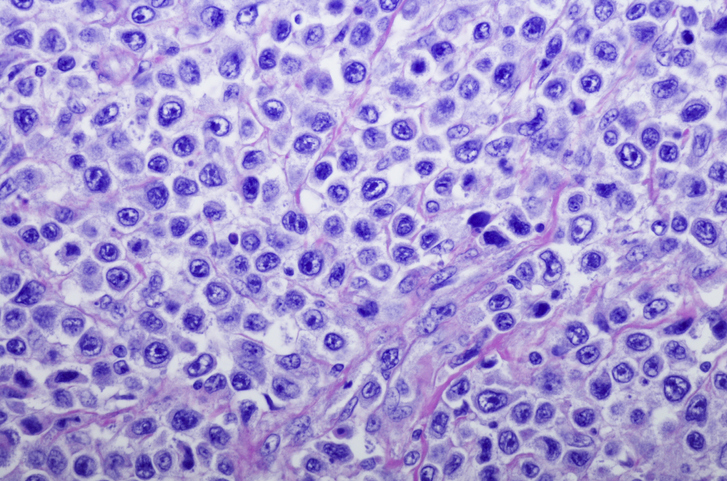Almost 70% of colorectal cancer patients require better nutritional support, according to new research published in the Journal of Human Nutrition and Dietetics.
In this UK-based national survey, researchers found that more than two-thirds (69%) of the colorectal cancer patients who completed the survey reported not receiving any nutritional advice or support from their healthcare team throughout diagnosis, treatment and post-treatment, including those with a stoma. Moreover, many patients surveyed reported facing a plethora of nutritional problems, including; being unsure about what to eat, diarrhea, loss of appetite and changes in smell and taste.
Dr. Bernard Corfe, lead author of the study from the University of Sheffield, said via a press release: “Patients with bowel, colon and rectal cancer do not feel that they are getting the nutritional support and advice they need.
“Many colorectal cancer survivors have to adapt to a new way of life after their treatment – especially those who are fitted with a stoma bag. It is so important that they receive nutritional guidance from their health care team, both during and after treatment, rather than having to search for the information online which may lead to patients accessing unverified or even unreputable sources,” Dr. Corfe added. “It is vital that patients feel supported to overcome their specific nutritional difficulties and the advice is personalized for them and their lifestyle. For example a young patient living with a stoma is going to have very different questions and support needs to an older patient being treated for advanced bowel cancer.”
Moving forward, the research team hopes to hope to work with health care professionals to rectify this problem. Dr Lisa Wilde, Director of Research and External Affairs at Bowel Cancer UK, said: “Many people with bowel cancer will find they can’t eat the same foods as before their diagnosis, so getting valuable information from trusted healthcare professionals every step of the way can make a big difference to their lives.”
Credit: Original article published here.










